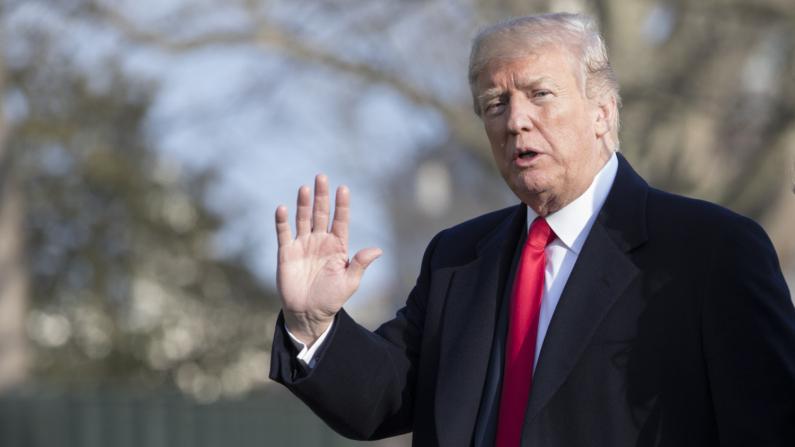The administration of President Donald Trump is on pace to cut refugee admissions by more than three quarters this year, according to experts monitoring the latest numbers.
Trump slashed the maximum number of refugees allowed to enter the United States by 60 percent to 45,000 in 2018. With the current rate of admissions, experts estimate that 25,000 refugees will enter the country this year, a 77 percent decrease from the Obama-era high of 110,000.





